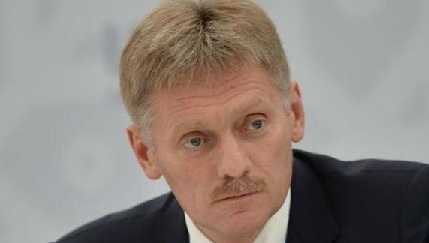
MOSCOW, Aug 2 (Reuters) - The Kremlin told the United States on Tuesday that time was running out to negotiate a replacement for the "New START" nuclear arms reduction treaty and that if it expired in 2026 without a replacement then global security would be weakened.
The New START Treaty, struck in 2011, obliged the United States and Russia to limit deployed intercontinental ballistic missiles, deployed submarine-launched ballistic missiles and deployed heavy bombers equipped for nuclear armaments.
It also put curbs on nuclear warheads on those deployed missiles and bombers and the launchers for those missiles. Both sides reached the central limits of the treaty by Feb. 5, 2018 and it has been extended to the end of Feb. 4, 2026.
"Moscow has repeatedly talked about the need to start such negotiations as soon as possible because there is little time left," Kremlin spokesman Dmitry Peskov told reporters.
"If the treaty ceases to exist without being replaced with something sound, then it will have the most negative impact on world security and stability," Peskov said.
New START was only days from expiring when it was renewed last year, and a new deal is likely to require lengthy negotiations along with a time-consuming ratification process.
U.S. President Joe Biden said on Monday his administration was ready to "expeditiously" negotiate a new framework to replace New START but Moscow should demonstrate that it is ready to resume work on nuclear arms control with Washington.




